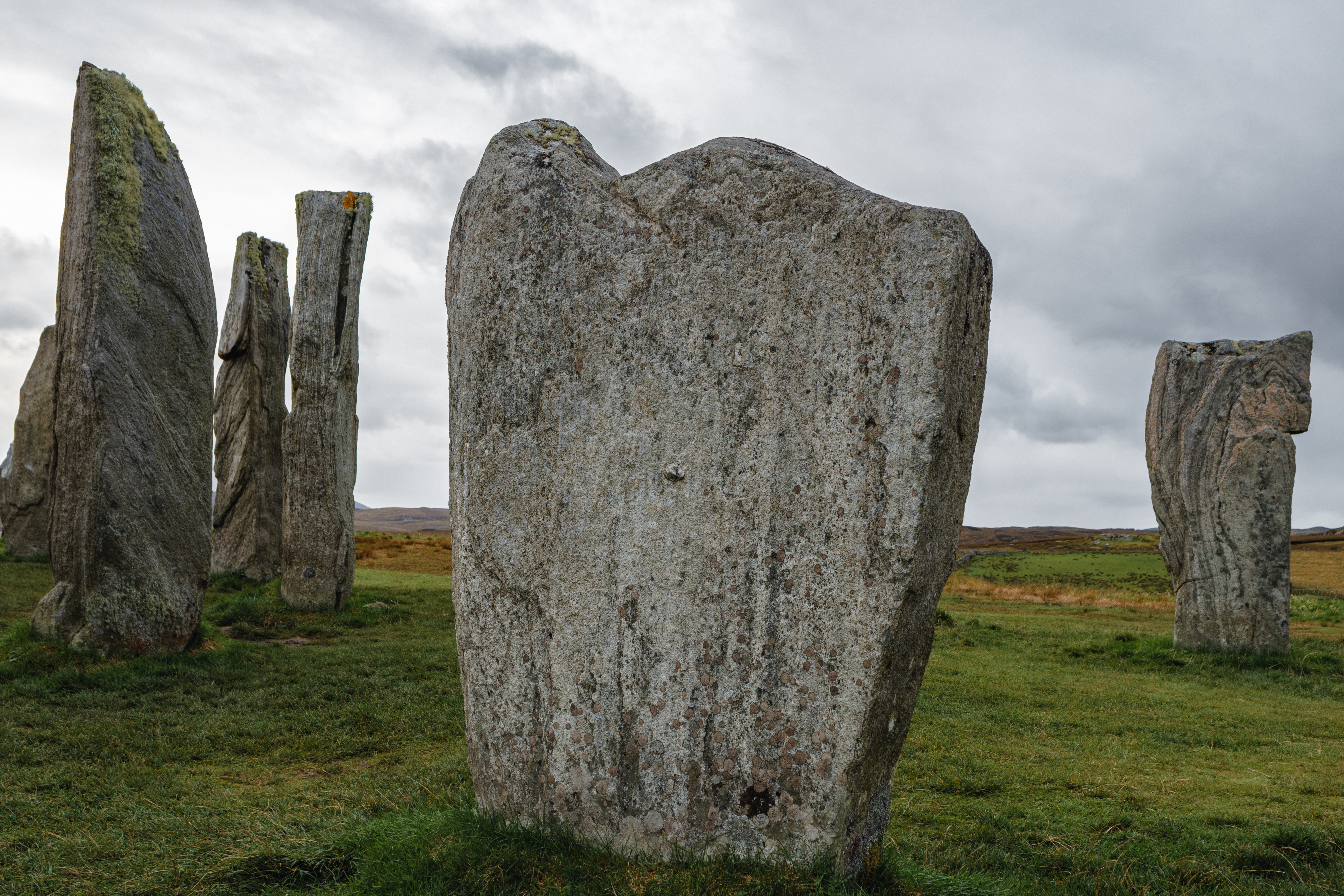05 MAY 2025
University of Edinburgh secures funding to make immersive heritage experiences more inclusive through Brain Health ARC initiative
We are proud to share that Sofía de la Fuente García and the University of Edinburgh team have secured funding from the Brain Health ARC initiative to extend INT-ACT’s cultural heritage interventions. This new sub-study will focus on including older adults with cognitive impairment in the evaluation of immersive eXtended Reality (XR) demonstrators, reinforcing INT-ACT’s commitment to inclusive research and societal wellbeing.

Expanding Access Through Inclusive Research
The awarded Seed Grant, provided by the Scottish Funding Council under the Brain Health ARC initiative, will support a sub-study titled:
“Evaluating the Impact of Intangible Cultural Heritage Experiences on the Wellbeing of Older Adults with Cognitive Impairment: A Pilot Study in Scotland.”
Building on INT-ACT’s existing evaluation framework, this pilot will focus on adults experiencing Subjective Cognitive Impairment (SCI) and Mild Cognitive Impairment (MCI)—groups particularly vulnerable to loneliness and social isolation.
By integrating these participants into INT-ACT’s evaluation of the immersive XR demonstrators, the study will explore how engaging with Intangible Cultural Heritage (ICH) can foster emotional wellbeing and belonging in this population.
Leveraging INT-ACT’s Infrastructure for Social Impact
This sub-study is seamlessly embedded within the INT-ACT project, utilizing our infrastructure in Edinburgh to ensure that vulnerable populations can access cultural heritage in meaningful ways. The research will involve:
❖ Interactive XR experiences based on local Scottish heritage.
❖ Collection of speech data, self-reported questionnaires, and physiological measures (such as saliva samples) to assess psychological wellbeing.
❖ Collaboration with organisations like Join Dementia Research and the Brain Health ARC to ensure public and participant engagement.
While outcomes are yet to be determined, the study aspires to demonstrate how cultural heritage—enhanced by immersive technology—can positively impact mood, wellbeing, and social connection for older adults who experience cognitive difficulties.

A Step Towards Inclusive Heritage Interventions
This initiative reflects INT-ACT’s broader mission to address societal challenges through cultural heritage. By extending participation to a population that is vulnerable to social isolation and less exposed to technology, the University of Edinburgh team is promoting more inclusive approaches in heritage, technological and health domains.
“We hope this pilot will offer not only valuable data but also meaningful experiences for participants—creating moments of joy, connection, and belonging through cultural heritage,” says Sofía de la Fuente García.

Looking Ahead
The pilot study is expected to lay the groundwork for future large-scale research and potential publications, reinforcing INT-ACT’s role at the intersection of cultural heritage, technology, and mental health. Besides, with Europe being home to some of the world’s oldest populations and given the increasing prevalence of cognitive decline in older adults, this INT-ACT sub-study addresses an issue of large societal impact.
We congratulate the Edinburgh team on this achievement and look forward to sharing updates as the study progresses!
Stay connected with INT-ACT for more news on how we continue to bridge cultural heritage and societal wellbeing.